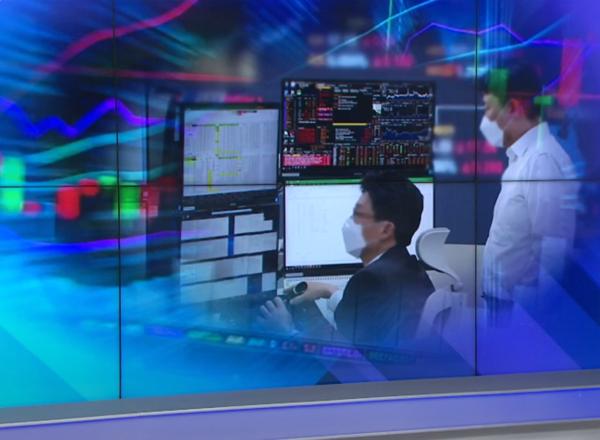Market Volatility and Investor Behavior
Following President Yoon Suk Yeol's declaration of martial law, the domestic stock market experienced heightened volatility. This uncertainty led investors to seek safer investment options, resulting in a significant influx of funds into ultra-short-term bond funds.
 The volatility of the domestic stock market has increased following President Yoon Suk Yeol’s declaration of martial law. (YouTube Video capture)
The volatility of the domestic stock market has increased following President Yoon Suk Yeol’s declaration of martial law. (YouTube Video capture)According to financial information provider FnGuide, the total amount invested in domestic ultra-short-term bond funds rose from 32.18 trillion won on December 3 to 33.47 trillion won on December 11, marking an increase of 1.28 trillion won over six trading days. Similarly, money market active exchange-traded funds (ETFs) also saw a surge in investments, with their total net asset value increasing by nearly 500 billion won during the same period.
Ultra-short-term bond funds, which primarily invest in high-quality ultra-short-term bonds or commercial papers and short-term corporate bonds, offer stable and guaranteed returns. Their short redemption cycles make them particularly attractive during volatile market conditions. Additionally, these funds provide higher expected returns compared to regular money market funds, further driving their popularity among cautious investors.









Comments